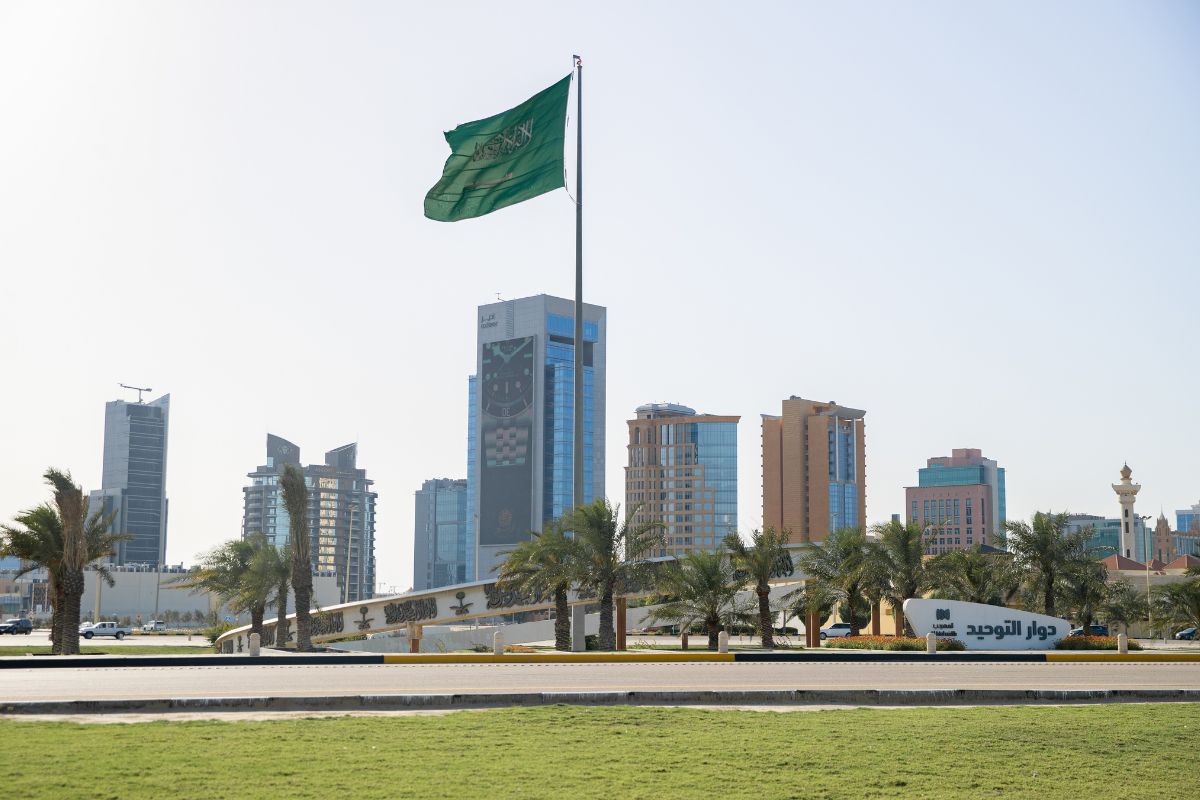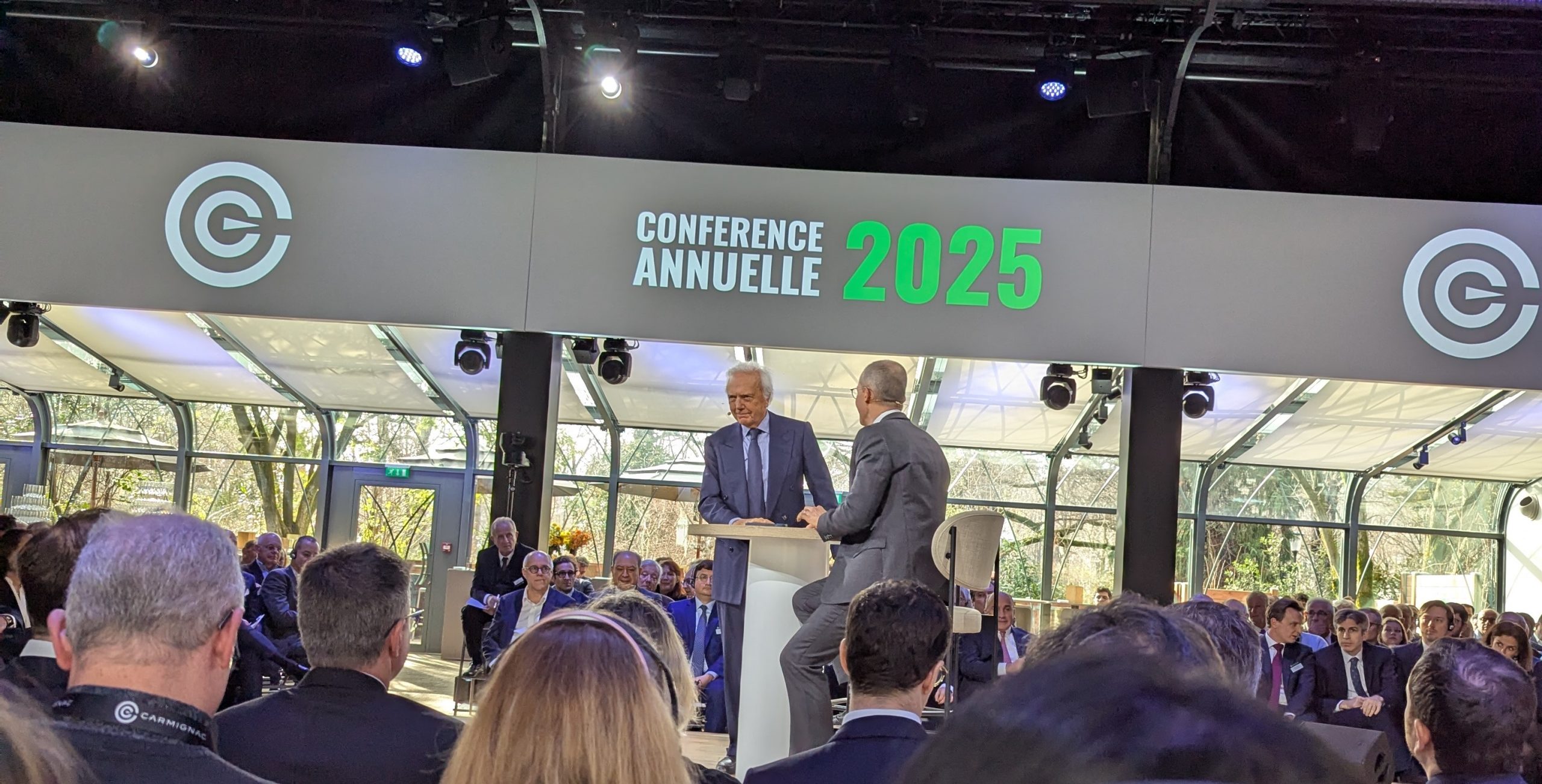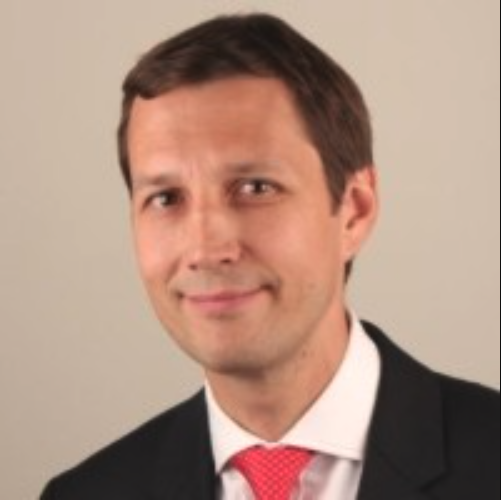Europe, the U.S., and Latin America are strong regions in the asset management industry, but beyond these geographies, one market stands out for its rapid growth: Saudi Arabia. It is estimated that assets under management surpassed the 1 trillion Saudi riyal threshold—approximately USD 266 billion—in 2024, driven by 20% year-over-year growth.
According to Samira Farzad, Director of Business Development at HF Quarters, the industry is undergoing a significant expansion phase, consolidating its status as the largest and most dynamic market within the Gulf Cooperation Council (GCC) region. In fact, assets under management are projected to exceed 1.3 trillion Saudi riyals (USD 350 billion) by 2026. This growth trajectory is being substantially fueled by the Kingdom’s ambitious Vision 2030 economic diversification strategy, which seeks to reduce the country’s historical dependence on oil revenues by developing non-oil sectors, along with support from the Financial Sector Development Program.
According to Farzad, while the current landscape is dominated by domestic asset managers affiliated with banks—who control a significant share of industry fund assets and revenue—the competitive environment is expanding with the entry of renowned international firms such as BlackRock and Goldman Sachs, drawn by the Saudi market’s considerable potential.
“The Public Investment Fund (PIF), the country’s sovereign wealth fund with a target of USD 2 trillion in assets by 2030, acts both as a key capital allocator within the industry and as a powerful direct investor shaping the national economy through large-scale megaprojects like NEOM,” the expert notes.
On the investment front, several key trends are actively transforming strategies. “There is a clear shift beyond traditional investments toward alternative assets such as private equity, venture capital, and private credit, which are complementing the already well-established real estate and equity portfolios. Demand for Shariah-compliant products remains a core feature of the market, influencing product development and asset selection criteria,” adds Farzad.
Another major trend is the rise of ESG considerations, which are rapidly gaining relevance, driven both by global investor preferences and national strategic priorities embodied in initiatives like the Saudi Green Initiative.
“Looking ahead, proactive regulatory reforms and market infrastructure enhancements, led by the Capital Market Authority (CMA), aim to foster a more robust, efficient, and investor-friendly environment, which will support the sector’s continued growth,” concludes the Director of Business Development at HF Quarters.




